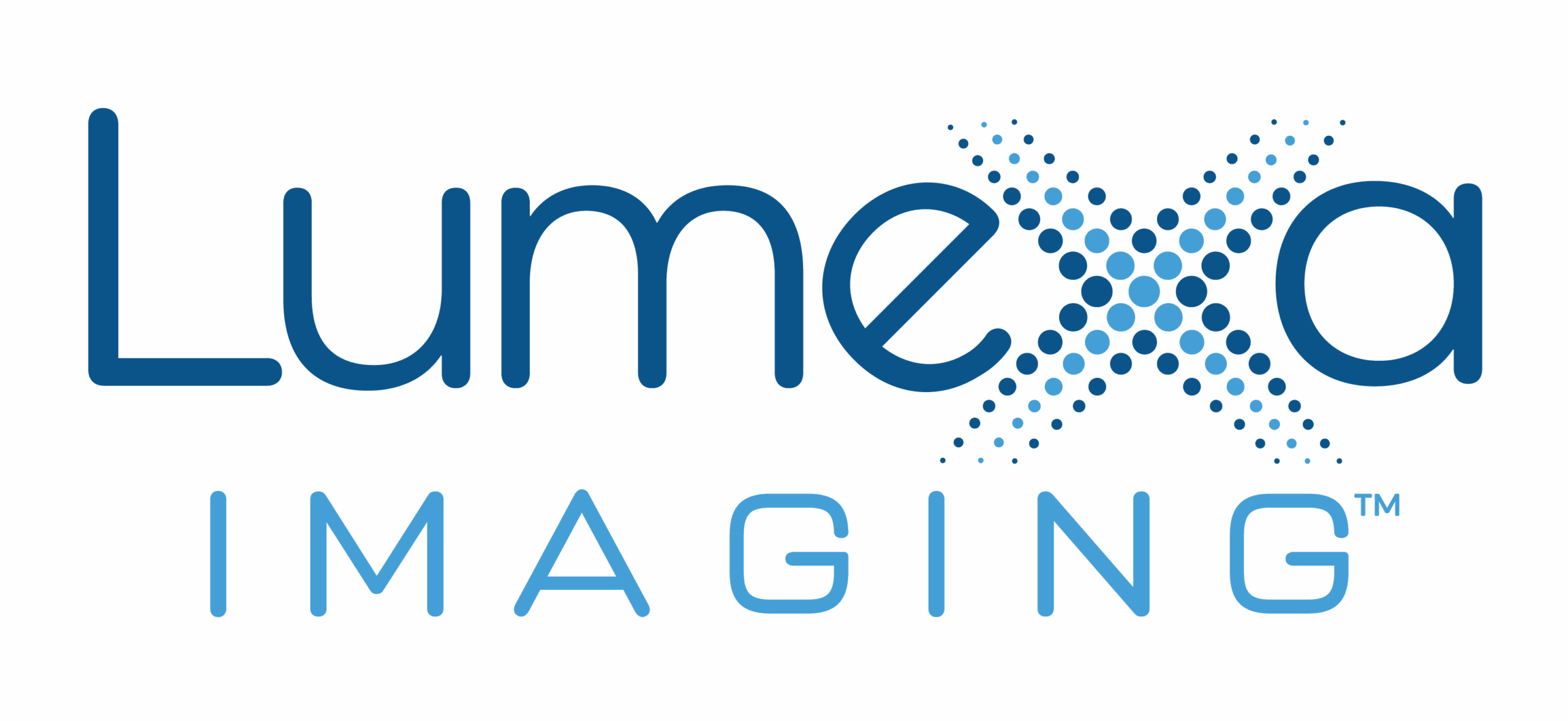About Breast Cancer
Breast cancer is the second most common form of cancer in women, with a lifetime risk of one in eight for every woman in the United States. At Charlotte Radiology, we believe quality mammograms are the cornerstone of breast health. Which is why we partner with more than 75,000 women each year, allowing each patient to count on us for annual mammogram reminders, the latest technology available, qualified staff and timely results. As the region's leader in breast imaging, we are continuously updating our centers with new technologies, such as dedicated breast MR imaging and digital mammography. Not to mention offering convenient locations throughout Charlotte and surrounding counties.
Currently, we offer 12 mammography centers—all accredited by the American College of Radiology and certified by the FDA. Our board certified mammography staff consists of female technologists, who as women themselves, understand the anxieties, fears and emotions you may experience. Most importantly, our radiologists participate with the Blumenthal Cancer Center's multidisciplinary cancer program and are all board-certified physicians specially trained in mammography. Their expertise and skill are crucial in the accurate detection of breast cancer.
Meet our Mammography team. or download the Breast Health Brochure.
Guidelines for Early Breast Cancer Detection
| Exam | Guidelines | Explanation | Benefits/Risks |
| Women at average risk | |||
| Mammography | Annually starting at age 40 | Current evidence supporting mammograms is even stronger than in the past. Recent evidence has confirmed that mammograms offer substantial benefit for women starting in their 40s. Women can feel confident about the benefits associated with regular mammograms for finding cancer early. | Women can feel confident about the benefits associated with regular screening mammography. However, mammography also has limitations: it will miss some cancers, and it sometimes leads to follow up of findings that are not cancer, including biopsies. |
| CBE (Clinical Breast Examination) | Every three years for women 20-39; annually for women 40 and older | CBE should be part of a woman's periodic health examination, about every three years for women in their 20s and 30s and annually for women 40 and older. | CBE is a complement to regular mammography screening and an opportunity for women and their health care providers to discuss changes in their breasts, risk factors, and early detection testing. |
| BSE (Breast Self Examination) | Monthly starting at age 20 | Women should report any breast change promptly to their healthcare provider. Beginning in their 20s, women should be told about the benefits and limitations of BSE. It is acceptable for women to choose not to do BSE or to do it occasionally. | Research has shown that BSE plays a small role in detecting breast cancer compared with self awareness. However, doing BSE is one way for women to know how their breasts normally feel and to notice any changes. |
| Older women and women with serious health problems | Additional research is needed. | There is no fixed age at which women should stop getting mammograms. Mammograms for older women should be based on the woman's health and whether or not she has other serious illnesses. Age alone should not be the reason to stop having regular mammograms. As long as a woman is in good health and would be a candidate for treatment if she developed breast cancer, she should continue to have screening mammograms. | There is a need to balance the potential benefits of ongoing screening mammography in women with limited longevity against the limitations. The survival benefit of a current mammogram may not be seen for several years. |
| Women known to be at increased risk | |||
| Women known to be at increased risk | Discuss guidelines with physician; yearly breast MRI screening in addition to annual mammogram. | Women at high risk (about 20% or greater lifetime risk based on family history or history of prior treatment with radiation) should get an MRI (magnetic resonance imaging) and a mammogram every year beginning at age 30. Women at moderately increased risk (15% to 20% lifetime risk) should talk with their doctors about the benefits and limitations of adding MRI screening to their yearly mammogram. Yearly MRI screening is not recommended for women whose lifetime risk of breast cancer is less than 15%. | While MRI is more sensitive than mammograms, it also has a higher false positive rate (where the test finds things that turn out to not be cancer), which would result in unneeded biopsies and other tests in a large portion of these women. If MRI is used, it should be in addition to, not instead of, a screening mammogram. This is because while an MRI is more likely to detect cancer than a mammogram, it may still miss some cancers that a mammogram would detect. |
How do I make an appointment?
If you'd like to make an appointment, click here or call 704-367-2232 or 877-362-2232. Walk-in appointments are also accepted. We participate and file with many HMOs, PPOs and Medicare. If you have questions about your coverage, we'd be happy to help.
